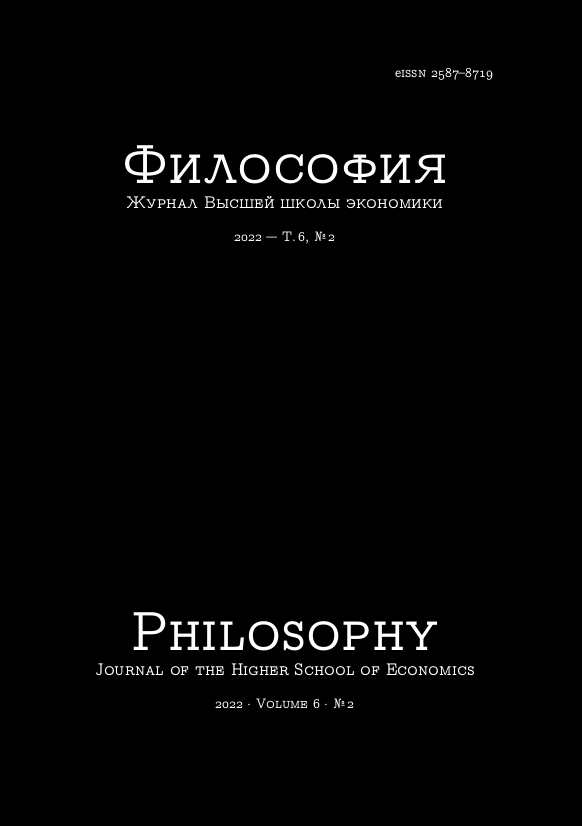Simone de Beauvoir's Political Views
The Problematics of the Soviet and the European Left Project
Abstract
The article examines the trajectories of political reflection of the French existentialist and writer Simone de Beauvoir, which are undeservedly often overlooked by researchers of her work and biography. The issue of the Soviet (as a cross-cutting issue in her works) is brought into focus and examined in its dynamics as applied to the period from the 1920s to the 1960s. We undertake a discursive analysis of the works of different years and the metamorphoses in the principles, language, and methods of representation of the Soviet, depending on the historical period, concerning both the domestic and foreign policy levels of Soviet politics. Particular attention is paid to Simone de Beauvoir's testimony about the experience of observing the events in Spain in the 1930s and about the stages of their comprehension — actual and retrospective. In this light, the methods of assessment chosen by Simone de Beauvoir and her entourage, as well as the philosophical and factual assimilation of a given political perspective, are problematized; criticism is made regarding the superficiality of the source part of the formation of the political consensus of the French intellectual community about the Soviet project and the events in the USSR. We attempt to identify the significance and contribution of Simone de Beauvoir to the representation of this consensus and the polemical lines that permeate it, as well as to assess her attitude to the events; we evaluate the role of this consensus in the further development of the European understanding of the Soviet and post-Soviet.
Downloads
Copyright (c) 2022 Philosophy. Journal of the Higher School of Economics

This work is licensed under a Creative Commons Attribution-NonCommercial 4.0 International License.






